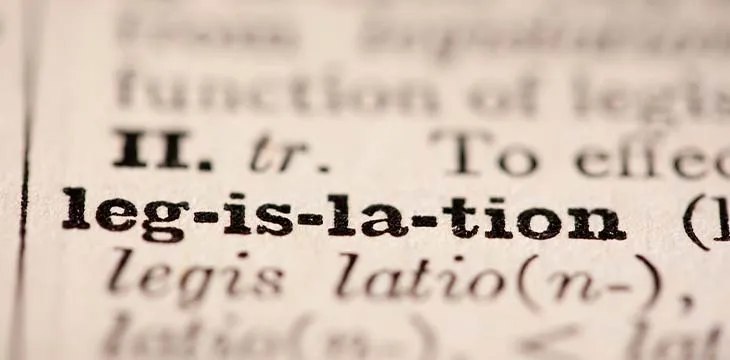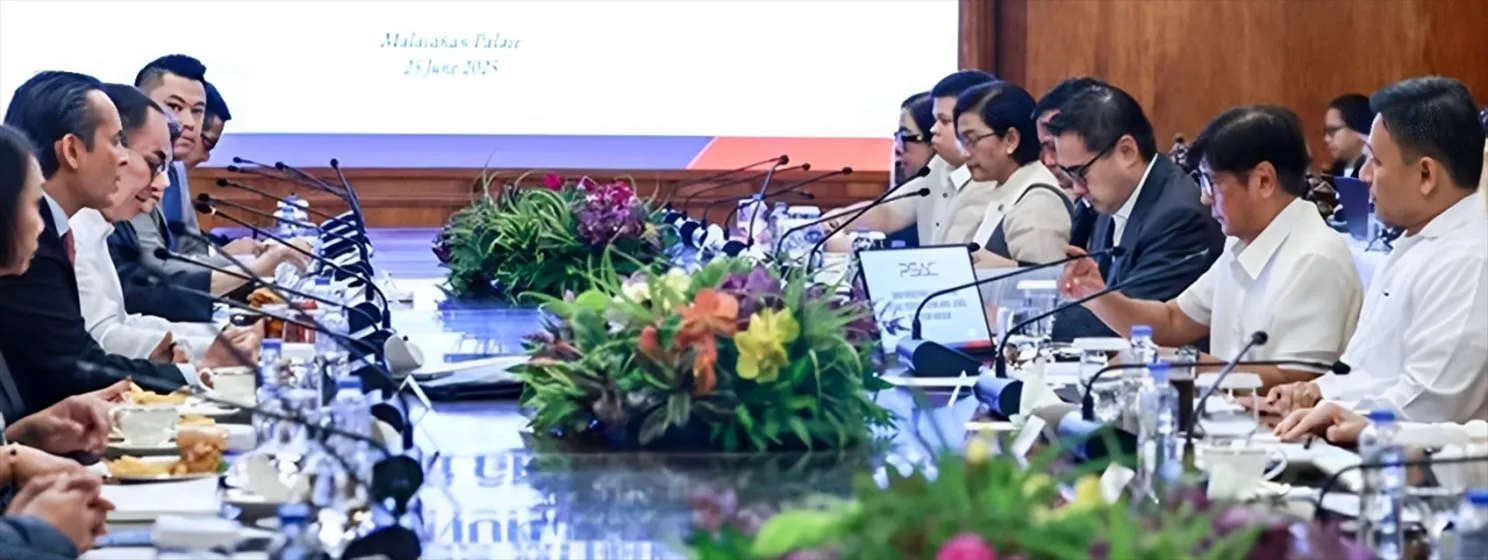|
Getting your Trinity Audio player ready...
|
Why do lawmakers think a ban on proof of work (PoW) mining is a good idea? It may be because they rely on insufficient or inaccurate data when they make their policies. The blockchain and digital asset spaces have become too big for policymakers to ignore. However, most lawmakers were not keeping pace with the innovation and evolution in these industries as they were happening. As a result, we’re seeing lawmakers trying to catch up, haphazardly regulating the industry with limited education, tools, and resources.
In addition to lawmakers creating legislation in haste, many of the educational resources and lobbying groups that the lawmakers use and speak to only provide a one-sided view on blockchain technology or, in many cases, digital currency. This results in laws that tend to be more harmful to the blockchain and digital asset industry than they are helpful–like proof of work mining bans.
Bridging the education gap
Bryan Daugherty, the Public Policy Director for BSV Blockchain, recognized that an education gap existed in the industry and developed “A commonsense approach to blockchain legislation,” so that lawmakers could have an educational resource that provides a balanced view on the blockchain and digital asset industry and the vast amount of value that these technologies can unlock.
“Prior to the recent Biden Executive Order, I had been meeting with government officials, including US congressional members and their staff regarding their individual offices’ level of understanding, concerns, and priorities,” said Daugherty.
“Many policymakers are just at the ‘defining’ stage and have a strong focus on cryptocurrencies rather than the underlying blockchain technology that provides many more benefits than just exchanging and trading. This is primarily due to the overabundance of media coverage on cryptocurrency volatility and speculation verse little to no coverage on the disruptive benefits of enterprise blockchain solutions and products,” explained Daugherty.
“As lawmakers begin reviewing and comparing these technologies, I wanted to share with them a basic framework that would abstract some of the more technical aspects and terminology and in place, provide terms that they already understood the meaning of. Considering that a handful of government departments and inter-agencies across the world are now hyper-focused on providing guidance and regulation in this industry, it would be best if they were able to approach their review in a balanced and organized way,” he added.
Daugherty’s report addresses the energy consumption issues surrounding proof of work mining, the difference between blockchain technology and digital currency, the value of scalable protocols, and the factors that need to be considered as the world transitions out of the big data era into a world with a global data-based economy.
“I believe it’s still quite important to first understand the difference between ‘crypto’ and ‘blockchain,’ as well as the motivations behind the two forces. For example, Bitcoin Core (BTC) is more of a cryptocurrency than it is a blockchain. In contrast, BSV provides the full suite of regulatory-compliant, enterprise blockchain utilities, including smart contracts, tokenization, and micropayments. Both utilize Proof-of-Work, but one is for speculative trading or hodling, and the other for creating efficiencies, improving security, lowering costs, and providing new disruptive revenue models,” he said.
“[the next area where education can improve is around] Security, Stability, and Sustainability – If you only focus on one, it’s very easy to forget about the other two, which are just as important. A firm understanding of these principles, will allow policymakers to identify blockchain technologies that provide a potential competitive advantage for our nation’s information security, economic security as well as energy security. Other more detailed areas revolve around the scaling of proof-of-work that has occurred, the next-level information security and data management proof-of-work can provide, as well as the enhanced energy utilization that has been demonstrated over the last few years on the BSV Blockchain,” Daugherty said.
Laws for blockchain
You can read “A commonsense approach to blockchain legislation,” at BSVblockchain.org. The report is a strong starting point for policymakers, but Daugherty encourages lawmakers to take additional steps to understand the blockchain and digital asset industry better before they make policies.
“I would advocate that lawmakers seek out intimate technical knowledge and access to the latest research on the competing protocols,” said Daugherty.
“Having more public hearings that include entities from both the crypto and blockchain worlds would allow them to have a much clearer understanding of the entire ecosystem. Without using a framework to ensure a balanced review, it is likely that regardless of how well-intentioned policymakers are, their pending regulations will lead to stifling blockchain innovation,” he added.
Read the latest ebook, BSV Blockchain as an Enterprise Cybersecurity Framework.

 07-02-2025
07-02-2025 





